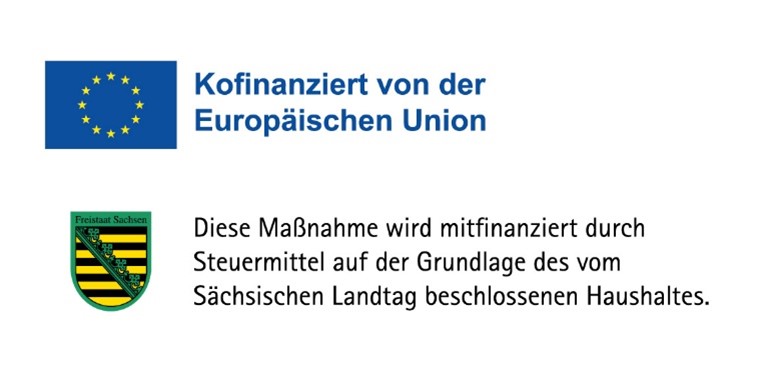Current Projects
Analysis of biopsychosocial determinants within the return-to-work process of post-COVID patients working in the healthcare service (FR-0358)
Background:
The return-to-work (RTW-) process of post-COVID patients is often impaired. The heterogeneity and complexity of post-COVID symptoms poses a major challenge when returning to work, particularly for healthcare professionals with nursing and care responsibilities.
The study results of successful RTW-processes in post-COVID patients is heterogeneous to date. Current studies and meta-analyses show that RTW-rates in post-COVID patients are between 47-86% three to 24 months after acute infection.
Research objectives:
Since individual RTW-courses and the associated biopsychosocial, organisational and sociodemographic influencing factors in post-COVID patients working in the healthcare sector with nursing and care responsibilities have not yet been sufficiently investigated, this research project addresses the following research questions using a mixed-method approach:
- How do the occupational reintegration processes of post-COVID patients with nursing and care responsibilities in the healthcare sector proceed and how are they organised?
- Which individual and contextual conditions promote or hinder the occupational reintegration process and the ability to work of post-COVID patients with nursing and care responsibilities in the healthcare sector?
Methodical approach:
In the cohort study with three-measurement points, affected employees will be investigated retrospective and prospective with regard to their course of disease, protective- and risk-factors, and their ability to work. The study sample consists of (1) persons with successful occupational reintegration, (2) persons, whose RTW-process was unsuccessful, and (3) persons who may be reintegrated into the workplace in the future. Data is collected both quantitatively and qualitatively (biographical analyses/mapping).
The findings will be used to develop a digital toolbox. In practice, this should help to assess the ability to work of post-COVID patients in a differentiated manner and provide individualised recommendations for action for those affected, employers and healthcare professionals.
Project staff: Dr. Katrin Müller, Marcel Ottiger, Iris Poppele, Prof. Dr. Torsten Schlesinger
Project duration: 01.03.2025 to 31.08.2027
Project funding: DGUV research funding (FR-0358)

ESF Landesinnovationspromotion - The influence of physical activity-related health competence on the habitual physical activity of patients with post-COVID
Physical activity is considered a protective factor against both severe COVID-19 and long-lasting symptoms. In the current German S1 guideline Long-/Post-COVID health promoting physical activity in accordance with WHO guidelines is recommended as preventive and rehabilitative treatment strategy. However, our own analyses show, that after completing an inpatient rehabilitation program, post-COVID patients improve in physical capacity and mental and cognitive health but not in objective measured physical activity. A holistic approach to initiating and maintaining health-promoting physical activity is provided by the concept of exercise-related health competence, which, for example, is associated with a more physically active lifestyle in COPD patients. Studies assessing beneficial and detrimental determinants of physical activity in post-COVID patients are currently missing.
The research project investigates the physical activity behaviour of post-COVID patients and its influencing factors over the course of 12 months. Of particular interest is the level of exercise related health competence as well as the influence of biopsychosocial factors (e.g. self-efficacy, mental health, social support) and work-ability on physical activity in the everyday lives of post-COVID patients. The chosen research method of ambulatory assessment allows for intensive longitudinal and intra-individual mechanistic investigations within the daily lives of post-COVID patients.
The results of the research project can contribute to the development of evidence-based guidelines for the design of behavioural prevention measures for post-COVID patients in aftercare.
Project staff: Iris Poppele, Dr. Katrin Müller, Prof. Dr. Torsten Schlesinger
Project period: 01.07.2024 - 30.06.2028
Project funding: This project is cofunded by the European union and cofinanced from tax revenues on the basis of the budget adopted by the Saxon state parliament.

